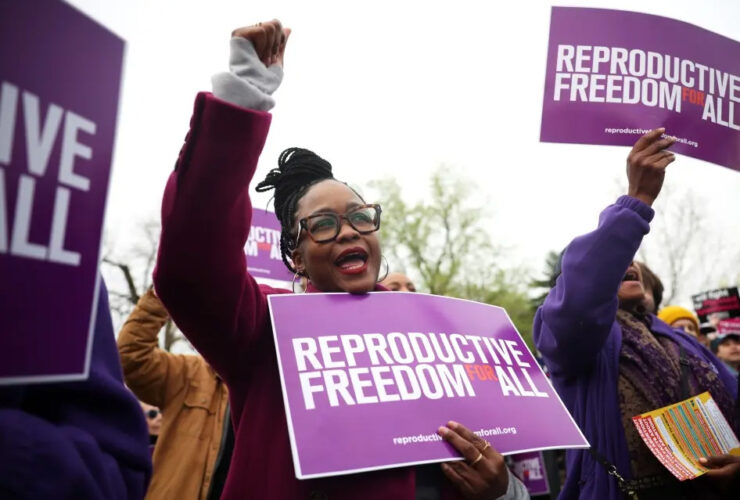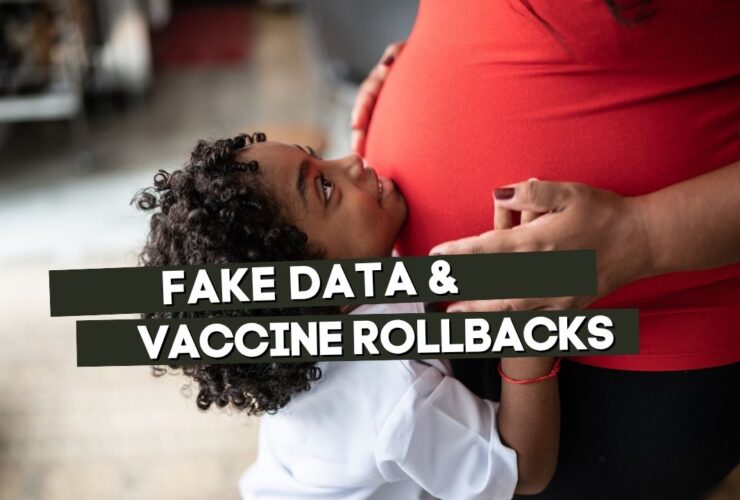
At BWHI, we are in this fight with you—every single day. We know the weight of these times, the way policies are being used to target our rights, our bodies, and our families. We see the barriers being built to restrict our access to healthcare, to silence our voices at the ballot box, and to undermine the economic security of our communities. But let us be clear: we are undeterred.
This is not just about policies on paper—this is about our lives. And while those in power may try to push us back, we are standing firm, pushing forward, and demanding better. The work we do isn’t just advocacy, it’s a commitment to protecting and uplifting Black women and our families. Our policy pillars are not just ideals—they are the foundation of our relentless quest for a world that is fair for all.
We are rallying for you. We are fighting for your health, your vote, your rights, and your future. Because when we stand together, no policy, no law, and no politician can erase our power.























